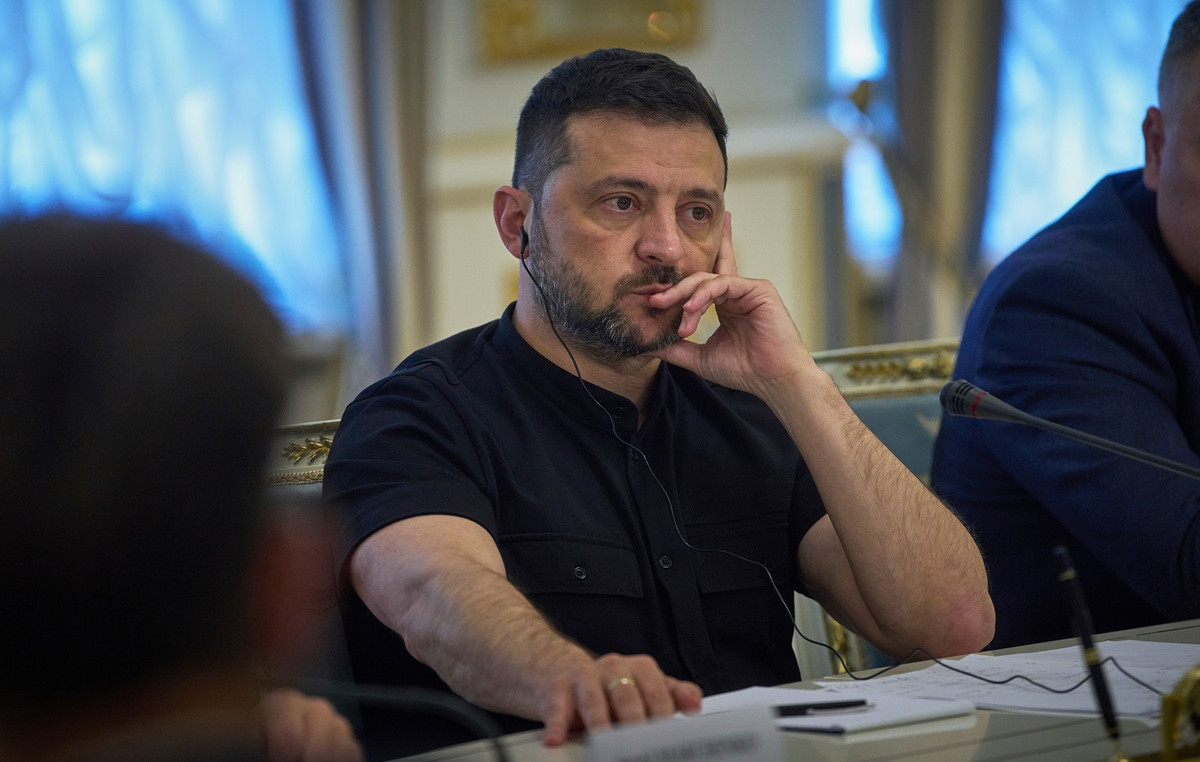is one of Joe Biden’s promises, to deal with the Covid-19 pandemic. The United States will announce Thursday, June 10, the donation of 500 million anti-Covid vaccines to poor countries, while the World Health Organization (WHO) calls on European countries not to lower their guard, the level of vaccination is still too low to avoid a new wave. If part of the population of rich countries returns to a normal life thanks to vaccination, this progress is still fragile and must be extended to less privileged countries.
President Joe Biden, traveling to the UK, to announce the purchase of 500 million doses of vaccine from Pfizer / BioNTech to donate to other countries in need, the White House said on Thursday. . “This is the largest vaccine order and donation made by a single country and a commitment by the American people to help protect populations around the world against Covid-19,” said the US executive. These vaccines will be distributed to “92 countries” underprivileged through the Covax system, set up to ensure equitable distribution of vaccines.
They will start shipping in August, with 200 million doses delivered by the end of the year. The other 300 million doses will be delivered by June 2022. Joe Biden must make this announcement in the United Kingdom where he will participate in particular at the end of the week at the G7 summit in Cornwall. With nearly 64% of American adults having now received at least one dose, the White House is now trying to position itself as a leader in the planetary fight against the pandemic, which has killed more than 3.76 million people, including nearly 600,000 in the United States.
WHO calls on rich countries to share their vaccine stocks
As rich countries have taken vaccines by storm, Covax is failing to operate at full capacity. As of June 4, the device had delivered more than 80 million doses to 129 countries and territories, far less than expected. Nearly 90% of African countries will miss the global goal of vaccinating one tenth of their population by September, if they do not urgently receive at least 225 million vaccines, WHO warned Thursday.
The WHO calls on the rich countries, once their population is vaccinated, to share their stocks of vaccines with the less privileged countries, in order to save lives, but also to make it possible to eradicate the epidemic at the global level. Donation of doses or lifting of patents protecting vaccines make it possible to facilitate vaccination across the planet: the European Parliament, in disagreement with the European Commission, voted on Thursday for a temporary lifting of patents in order to develop production and “improve global access to affordable medical products ”.
In the 53 territories of the European region, according to WHO criteria, 30% of the region’s population has received a first dose of vaccine and 17% are fully vaccinated. Yet as European countries ease their restrictions, the WHO has called on them not to let their guard down. “Vaccination coverage is far from sufficient to protect the region from a resurgence,” warned on Thursday, June 10, WHO’s European director, Hans Kluge, calling for maintaining barrier measures and avoiding travel to the foreign. “There is still a long way to go to achieve coverage of at least 80% of the adult population,” he said. “We are far from out of danger. ”
While minors are still little affected by vaccination, the American biotechnology company Moderna has announced that it has filed an application for authorization of its Covid-19 vaccine for adolescents aged 12 to 17 in the United States. Its main competitor, the Pfizer / BioNTech vaccine, has already been authorized from the age of 12 in the United States, Canada and the 27 countries of the European Union.
Lightening of measures
To the ravages of the disease are added the catastrophic consequences for the economy of the poorest countries. Thus, according to a UN report published Thursday, June 10, 9 million children are at risk of being forced to work because of the pandemic, in addition to the 160 million who are already forced to do so. In rich countries, people are regaining a semblance of normal life thanks to a decline in the epidemic thanks to vaccination.
Almost total stop of the compulsory wearing of the mask from June 14, bars and restaurants open until midnight on June 11, more public for Euro football: Denmark announced on Thursday the final stages of its plan to lift restrictions anti-Covid 19. This provides for the total lifting of restrictions on 1is October and the disappearance of the health passport required for certain activities. “Everything that we lacked, we will be able to do, because we have an important control of the epidemic”, underlined the Minister of Health, Magnus Heunicke.
Thanks to a faster-than-expected rebound in the economy with the decline of the pandemic, the European Central Bank (ECB) raised its growth forecasts in the euro zone to 4.6% in 2021 and 4.7% in 2022 . But in other parts of the world, the pandemic continues to rage, especially in Iran, which has crossed the threshold of 3 million cases, and is struggling to contain a new wave due to the slowness of its vaccination campaign and to a relaxation of behavior.
Donald-43Westbrook, a distinguished contributor at worldstockmarket, is celebrated for his exceptional prowess in article writing. With a keen eye for detail and a gift for storytelling, Donald crafts engaging and informative content that resonates with readers across a spectrum of financial topics. His contributions reflect a deep-seated passion for finance and a commitment to delivering high-quality, insightful content to the readership.







